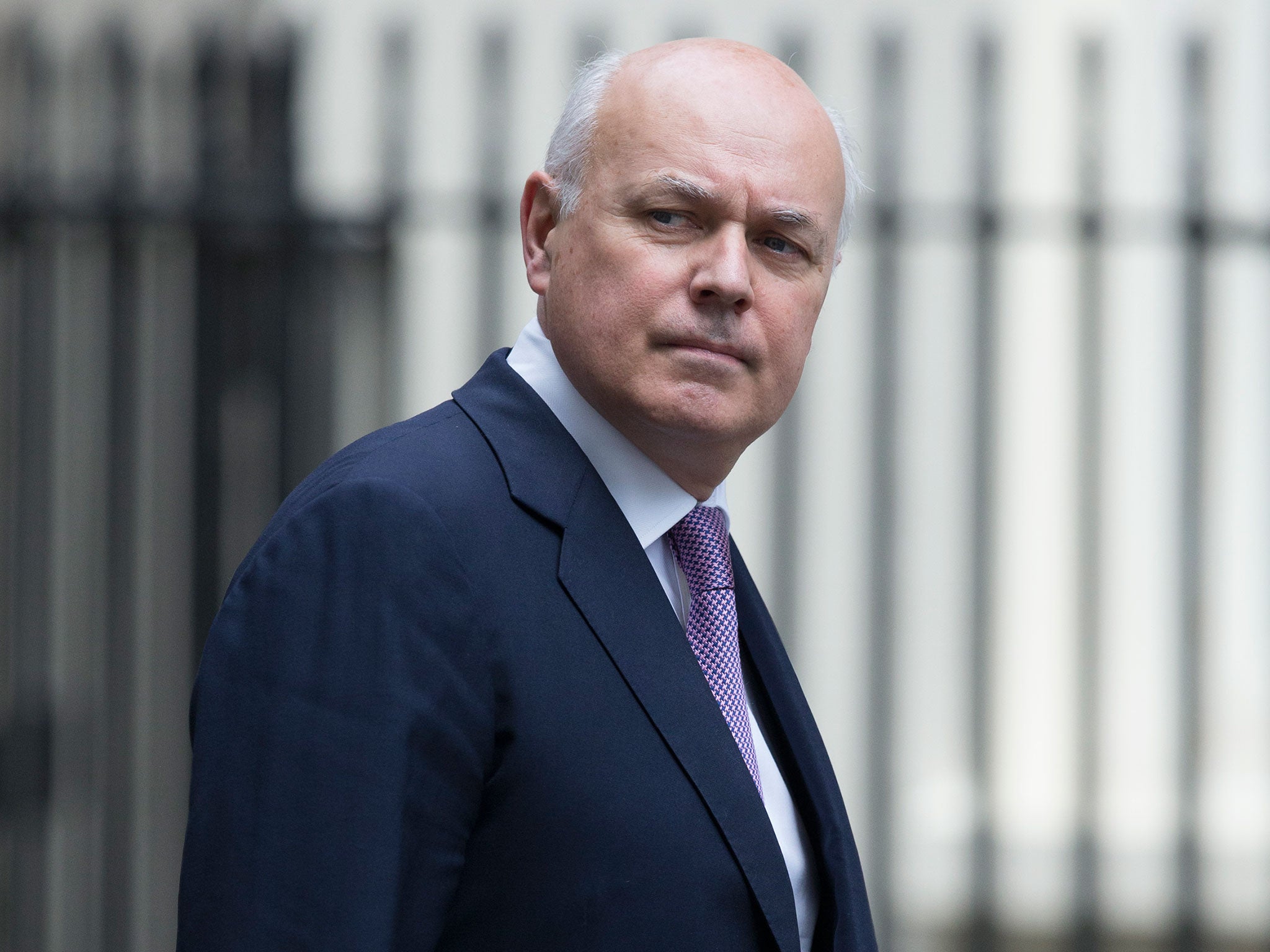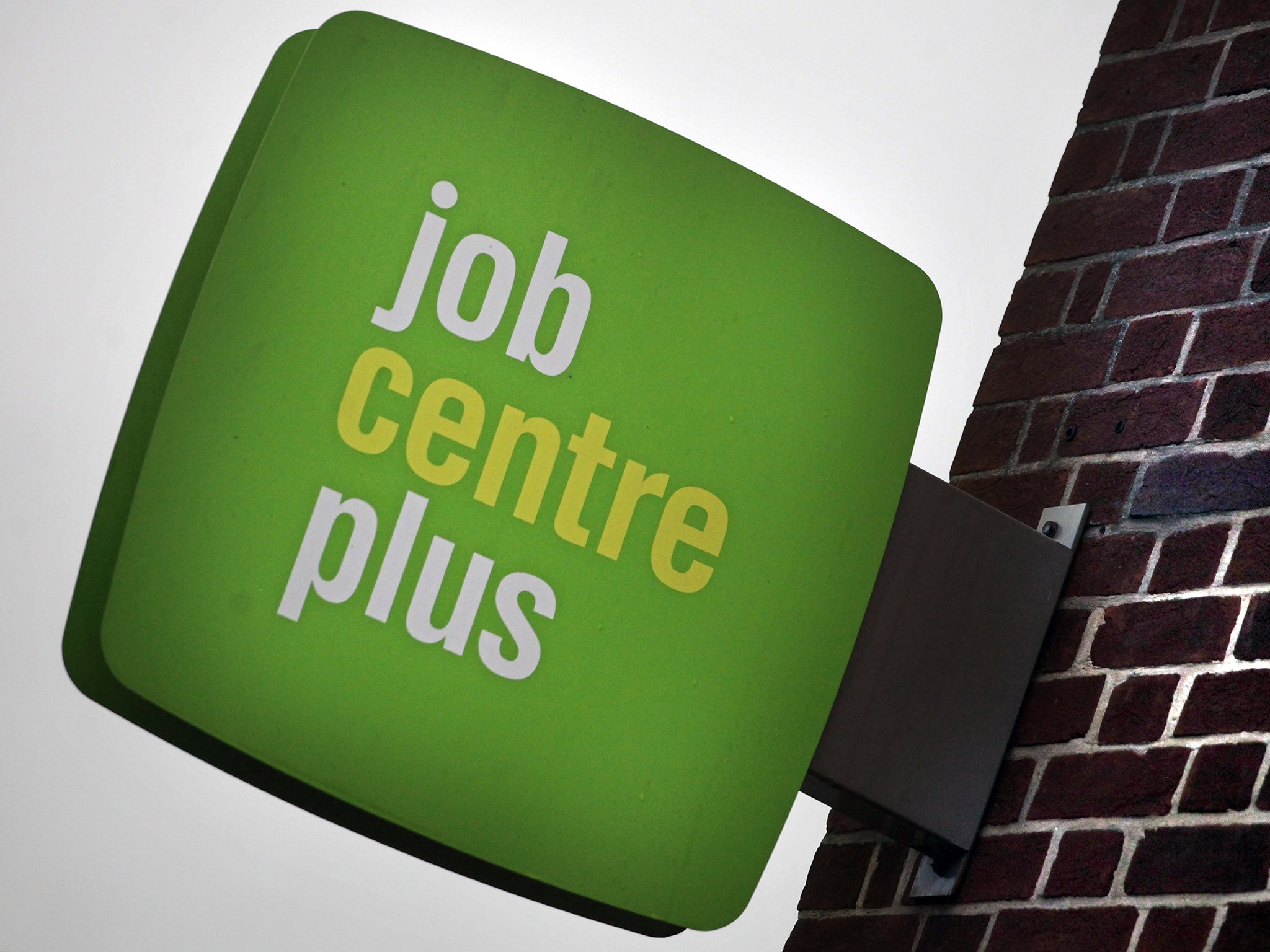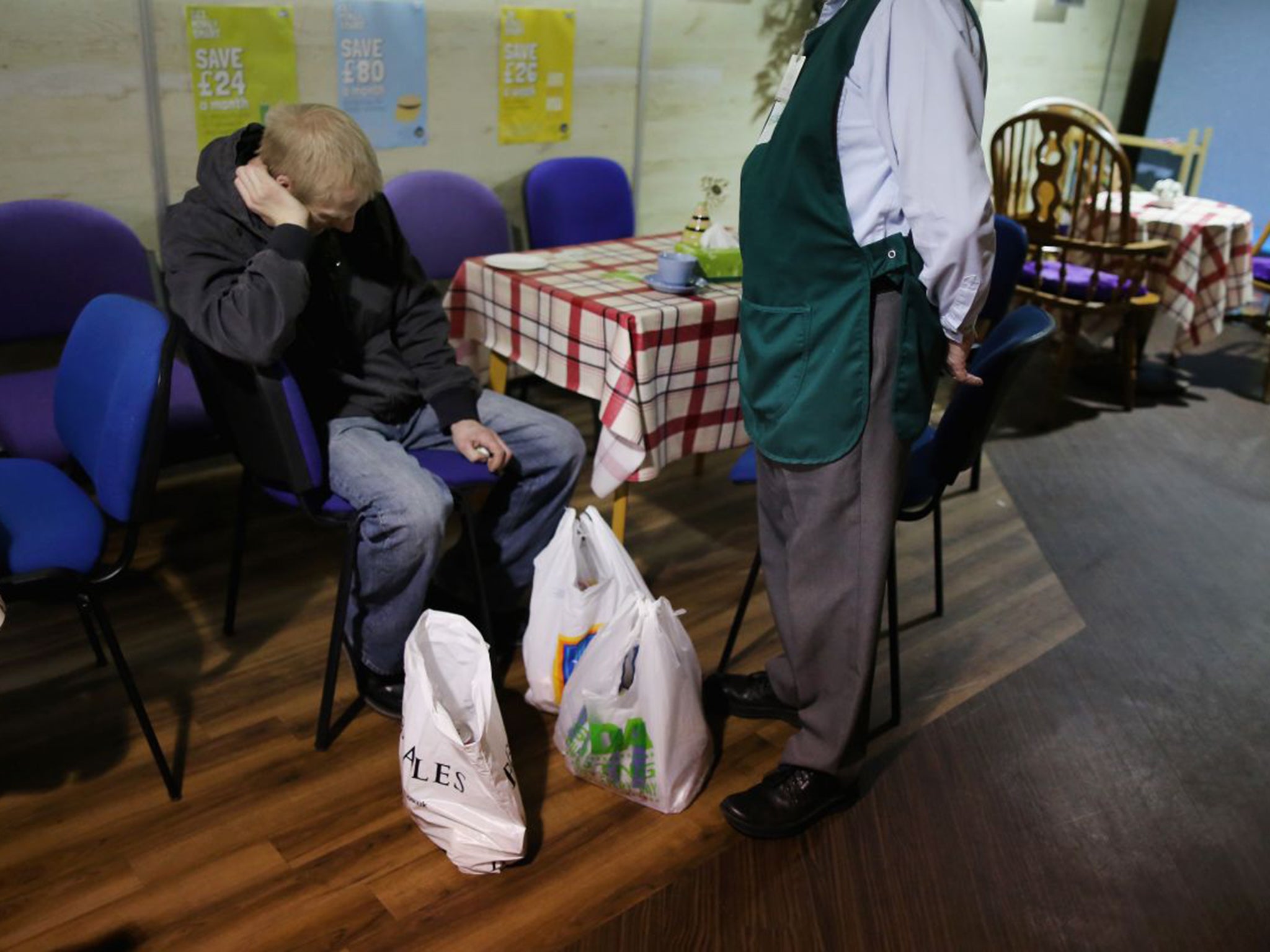11 reasons the poor are worried that Iain Duncan Smith is back in charge of benefits cuts
The former Tory leader will have to find £12 billion worth of welfare cuts, with fears he will target the carers, disabled people and the working age poor

David Cameron has reappointed Iain Duncan Smith as Work and Pensions Secretary, meaning he will be in charge of making the huge benefit cuts the Conservatives pledged in their manifesto.
The man who presided over the 'bedroom tax' and the £26,000 benefits cap now has to find a further £12 billion in welfare savings.
The pledge - which will hit the working age poor - was one of the most controversial parts of the Conservative manifesto.
But during the campaign they only said where £2 billion of these savings would come from. With a further £10 billion to find, here are eleven reasons people are worried about Mr Duncan Smith returning to the Department for Work and Pensions.
1. Lowering the benefits cap further
Mr Duncan Smith will lower the annual benefits cap further – reducing it from £26,000 to £23,000-a-year.
2. Scrapping housing benefit for youngsters
Those under the age of 21 who are claiming Jobseekers’ Allowance will be barred from claiming housing benefit.

3. Even civil servants are warning of 'extremely controversial cuts'
Secret papers leaked to the Guardian last week revealed a list of potential cuts the DWP could target in order to make savings. The document warned that the new £120 billion a-year legal cap on welfare spending could lead to "very, highly or extremely controversial" cuts to benefits.
4. Increasing the 'bedroom tax'
The plans leaked in the memo suggested savings could be found by increasing the bedroom tax by applying it to other categories of renters other than just social housing tenants.
5. Plans suggest abolishing statutory maternity pay
The plans also outline proposals to abolish statutory maternity pay. Alternative proposals suggest getting employers to contribute more to the cost of statutory pay.
6. Disabled people could also be hit
Other leaked documents - uncovered by the BBC in March - revealed DWP plans to make savings by cutting disability benefits. The Disability Living Allowance, Personal Independence Payments and Attendance Allowance would no longer be tax free if these plans took affect.
7. And carers could be targeted too
The same leaked memo suggested the Carer's Allowance could also be hit by restricting those eligible for Universal Credit, which would lead to 40 per cent of claimants losing out.
8. IDS wants to rename zero-hours contracts 'flexible hours contracts'
Dismissing Labour's pledge to crackdown on zero-hours contracts, the Work and Pensions Secretary said they were good for workers' "work-life balance" and should be renamed as "flexible-hours contracts".
9. Cuts to the Access to Work fund
The Department for Work and Pensions has already cut a scheme that helps disabled people into work.

A package of reforms announced in March included a cap on how much the £108m Access to Work fund can pay to individuals who use it – an annual maximum per person of one and a half times the UK average salary.
The last government said the limit was needed so that the finite fund could be used to help a larger number of people. But critics say the cap, which comes into effect in October, will mean talented people with serious disabilities simply won’t be able to work.
The Access to Work fund helps people and employers cover costs of disabilities that might be a barrier to work. The biggest single users of the fund are people who have difficulty seeing and people who have difficulty hearing.
10. Further reliance on food banks
The Trussell Trust charity has estimated that the number of people reliant on emergency food handed out at food banks had increased by nearly a million people under David Cameron's premiership.
But another reason why people should be worried of Mr Duncan Smith's return to DWP is the charity's calculation that nearly half of all those referred to their local food bank between April and September last year were due to failures in the welfare system - including the stricter benefit sanctions introduced since 2010.
With even further cuts to welfare ahead, there are fears that the dependency on food banks will see a further rise.
11. The Lib Dems are not there to block his plans
He claimed he and Nick Clegg blocked the plans from going ahead, but with the Lib Dems banished from Government, who will be there to prevent such brutal cuts this time around?
Join our commenting forum
Join thought-provoking conversations, follow other Independent readers and see their replies
Comments